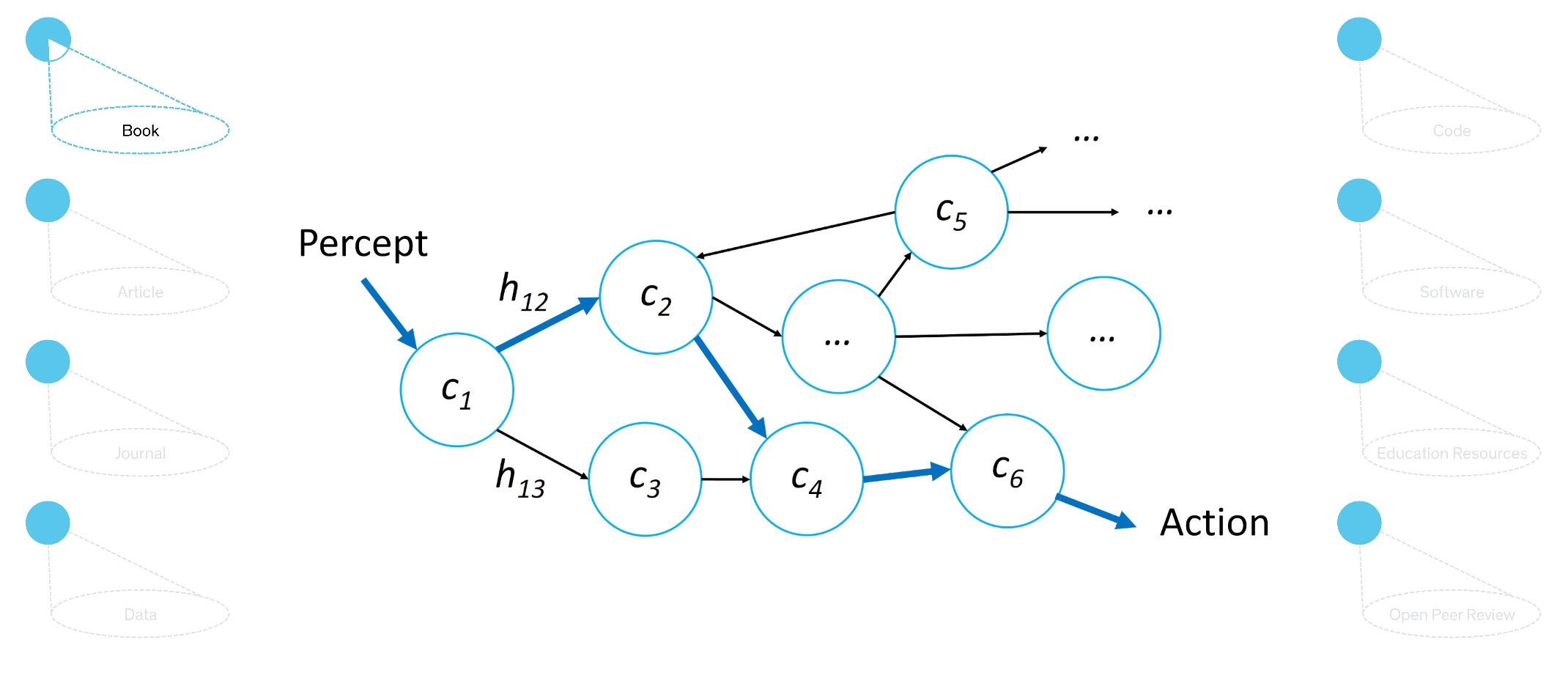Can a quantum system have agency?

We are free to decide on our own actions – this certainty is at the core of how we humans see ourselves. But are there actually any real options to choose from? Or is everything in our world ultimately predetermined by the laws of the universe? This question is the subject of controversial debate in the natural sciences and philosophy. And even if there are real possibilities, who can truly use them to act? Only humans? Animals too? Or, under certain conditions, even inanimate, artificial systems such as AI agents?
In their open-access book "Projective Simulation in Action", philosophy professor Thomas Müller from Konstanz, Germany, and physics professor Hans Briegel from Innsbruck, Austria, address these and other questions, combining perspectives from physics, philosophy and computer science. They present their own agency model ("Projective Simulation") and describe its physical feasibility in the quantum world, whose indeterminism they see as key for genuine agency. They argue in favour of a close relationship between quantum physics and agency and thus show a possible way of reconciling the concept of agency with a modern scientific view of the world.
The open-access book "Projective Simulation in Action" (doi: https://doi.org/10.1007/978-3-031-98119-7) is available free of charge as a PDF on the Springer Nature website.

